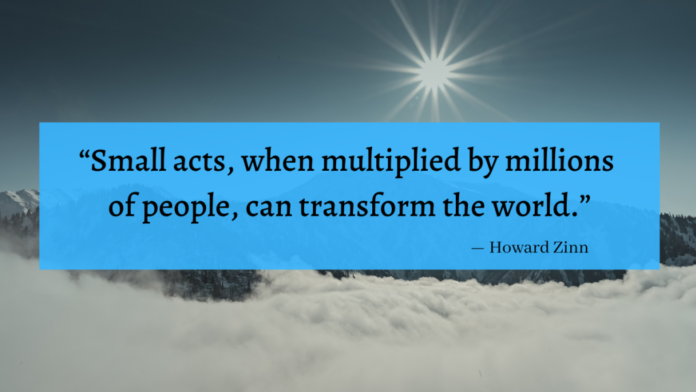If you’re like me, you don’t need to read another post about *gestures wildly* what’s going on in the world today. If you’re also like me, you’re being bombarded with a constant influx of news alerts and notifications that don’t seem to stop from morning until night. While I’m not here to write about my opinions on the state of things (mostly because you didn’t ask, but also because I don’t want to end up writing an angry rant today), at least one thing is clear: 2025 (and the years ahead) are going to take a toll on our mental health and wellness. We will need to prioritize our mental health not only for our own sake, but for the sake of our communities and the ones we love.
But finding support for mental health isn’t always as simple or straightforward as it appears. That’s why I’ve come up with five places you can turn to if you’re seeking mental health support:
Explore the options in your area.
Whether they are state, county, or city-wide, local governments typically have departments dedicated to mental health (in many cases it will also be titled “behavioral health”). These sites provide information like local therapists, community response teams, care for everyone from youth to adults, and more. If you are looking for something local, this could be the place to start.
Learn about access to Employee Assistance Programs.
These programs, otherwise known as EAPs, are “designed to help employees address personal and professional issues affecting their well-being and job performance.” Services are confidential and can help employees manage issues like “stress, mental health concerns, substance use disorders, and work-related conflicts.” Many employers offer EAPs to their employees, and whether you use it one time or on a consistent basis, it is worth checking in with your employer to see what’s offered.
Call a hotline (you have options!)
When it comes to mental health support, many people know the Suicide and Crisis Lifeline number (988 in case you don’t), but did you know there are hotlines for many different things? Looking in my area alone, several local organizations and the local government all have hotlines to call to provide counseling support. I will reiterate that every local area is different, but local resources can also have a huge impact. If you haven’t yet, I would urge you to do an Internet search and see what comes up for you.
Join a support group.
I personally have not joined a group like this before (though I have participated in group therapy), but I strongly believe in groups like this and the organizations that support them. These groups are peer-led, and offer the unique chance for attendees to receive and provide support for one another – a dynamic that makes it unique to one-on-one therapy. The National Alliance on Mental Illness and Psychology Today could be good places to start your search.
Ask your doctor.
Unsure of where to start? Don’t want to dive into the world of mental health on your own? Talking to your primary care physician is a good place to start. They may be able to refer you to a doctor or therapist in your network, or help you create a plan for next steps to take. And, since your mental health and physical health are closely related, it can’t hurt to make sure your doctor hears about other parts of your health and wellness.
In Conclusion
Whether you need these resources yourself or know someone who does, I hope this serves as a reminder that there is more than one way to get support for your mental health challenges. We’re all trying to do the best we can right now, and a big part of that is offering support and guidance to those who are in need. We’re stronger together – always have been, always will be.
I’d love to hear from you – what are some other ways of receiving mental health support? And do you think it’s easy for people to reach out for this type of support, or does the stigma still get in the way? Let me know in the comments!


